
✨ AI should be about empowering humans, building understanding, and making dreams realities. 👩💻 DevX Eng. Lead @GoogleDeepMind ex-@GitHub || views = my own!
How to get URL link on X (Twitter) App


 FrameCut: A Natural Language Video Editor
FrameCut: A Natural Language Video Editor
 (1) Uploading a dated codebase (in this case, Flax 0.7.5), and a newer version of the codebase (Flax 0.8.5), then analyzing changes.
(1) Uploading a dated codebase (in this case, Flax 0.7.5), and a newer version of the codebase (Flax 0.8.5), then analyzing changes.
 ✨👩💻 Jazzed to imagine a future where we all have friendly, competent technical assistants that cheerfully answer n00b questions about chemistry, physics, math, and programming.
✨👩💻 Jazzed to imagine a future where we all have friendly, competent technical assistants that cheerfully answer n00b questions about chemistry, physics, math, and programming.
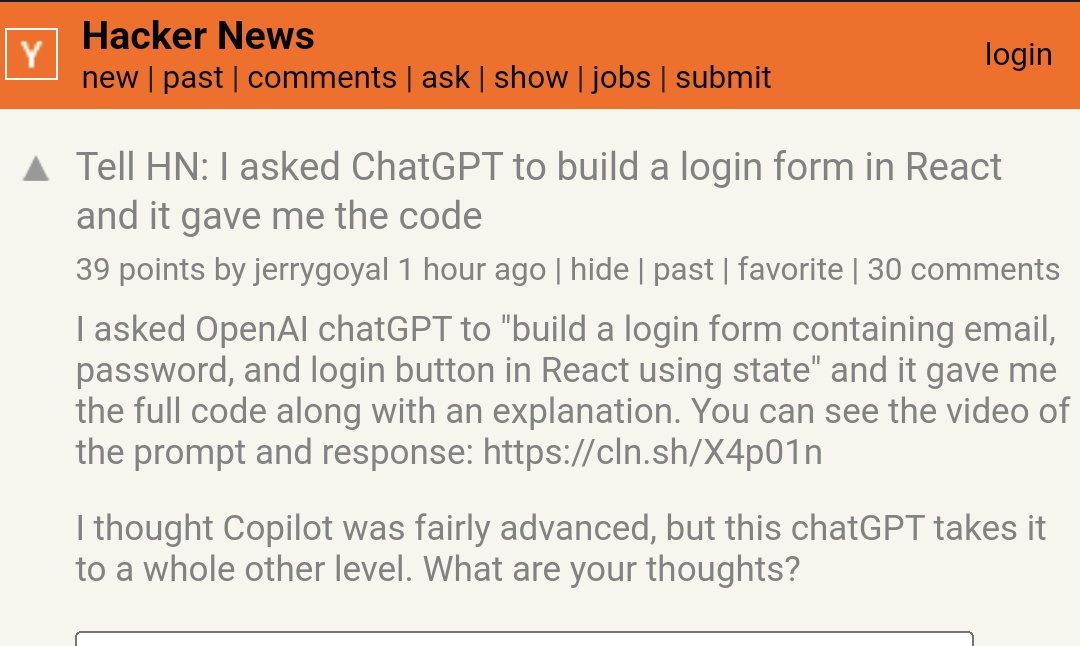
https://twitter.com/goodside/status/1598077257498923010
https://twitter.com/ntkris/status/1598293124471668737


https://twitter.com/DynamicWebPaige/status/1521632353520553984






https://twitter.com/DynamicWebPaige/status/1497031777986117632@code 📝 For docstring & source code generation: check out @HuggingFace's open-source alternative to Copilot, called Code Clippy, which is powered by GPT-J:
https://twitter.com/ferdinandboas/status/1417756499498131459

 "High cognitive friction polarizes people: it either makes them
"High cognitive friction polarizes people: it either makes them
 "He gave engineers the conceptual tools to digitize information and send it flawlessly (or, to be precise, with an arbitrarily small amount of error) -- a result considered hopelessly utopian up until the moment Shannon proved it was not."
"He gave engineers the conceptual tools to digitize information and send it flawlessly (or, to be precise, with an arbitrarily small amount of error) -- a result considered hopelessly utopian up until the moment Shannon proved it was not." 

 "Are you working to become a good ancestor -- to make something truly interesting -- or are you just working to make money?
"Are you working to become a good ancestor -- to make something truly interesting -- or are you just working to make money?
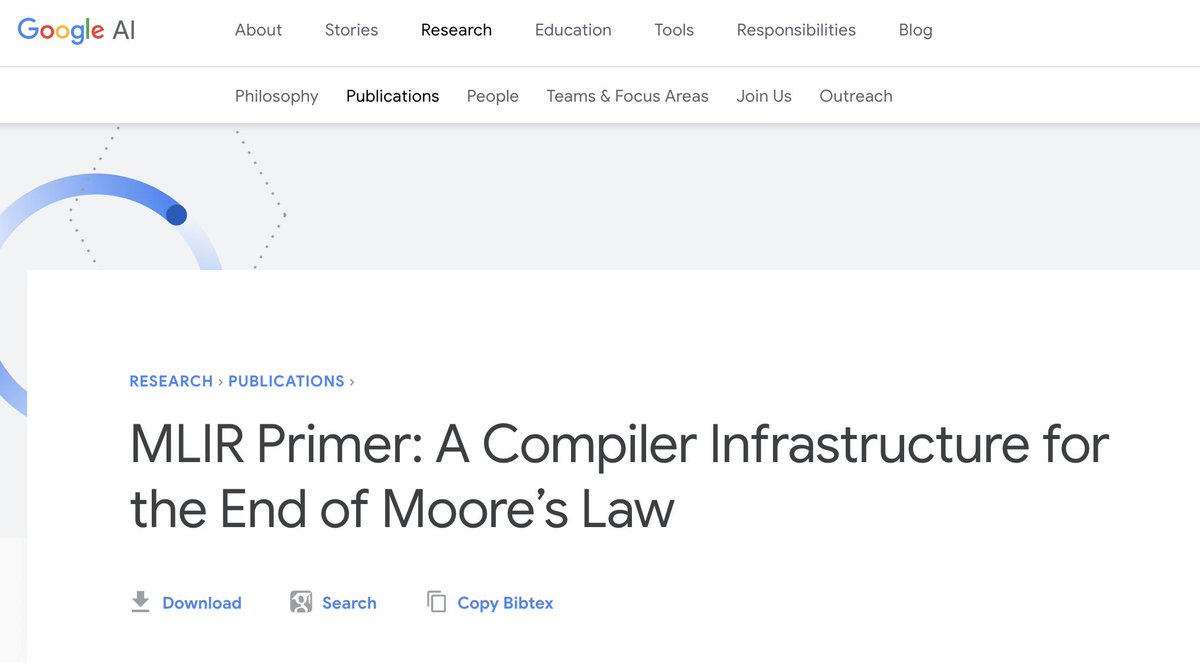
 We're seeing an explosion of domain-specific accelerated hardware (yay!).
We're seeing an explosion of domain-specific accelerated hardware (yay!).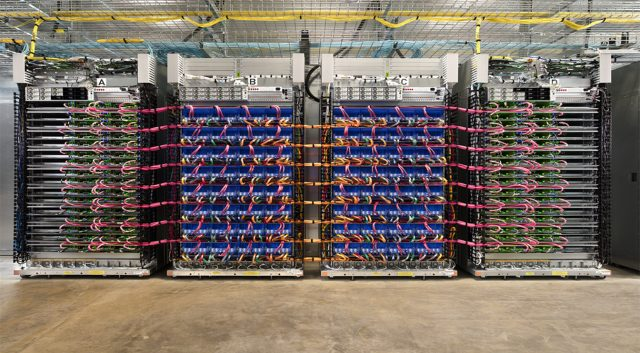
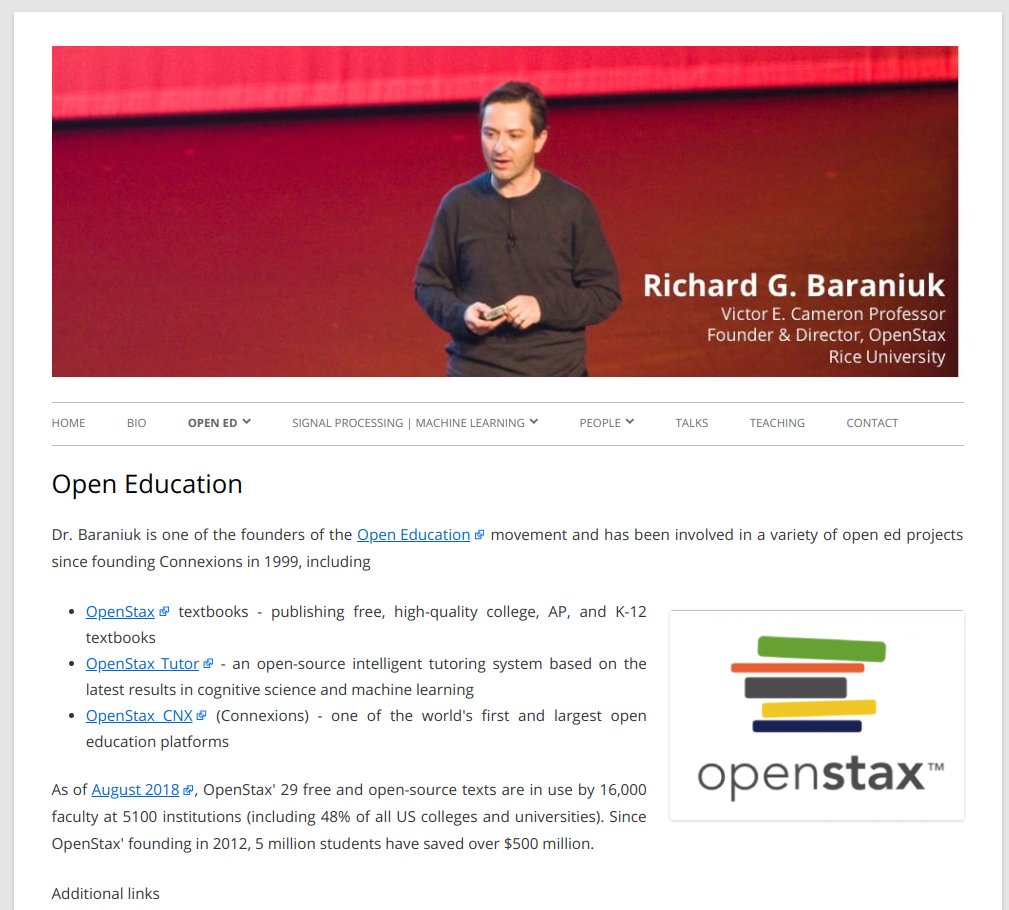
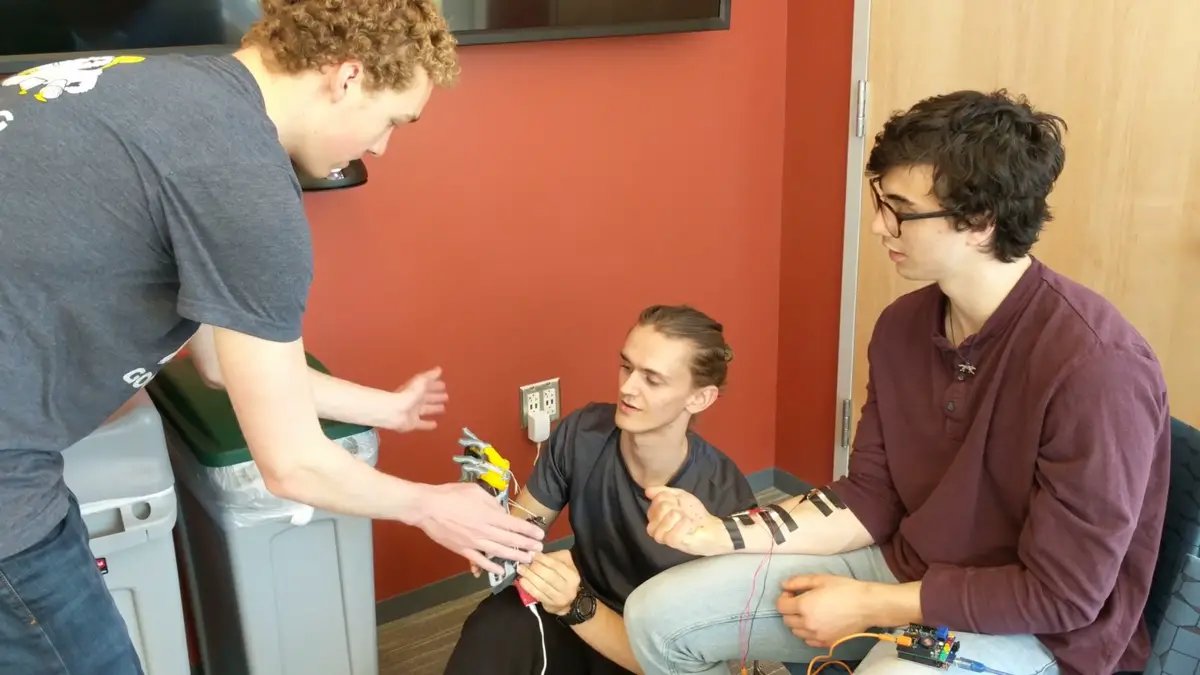
https://twitter.com/sarah_edo/status/1068500649233563649✨#TFadvent begins today! 😄
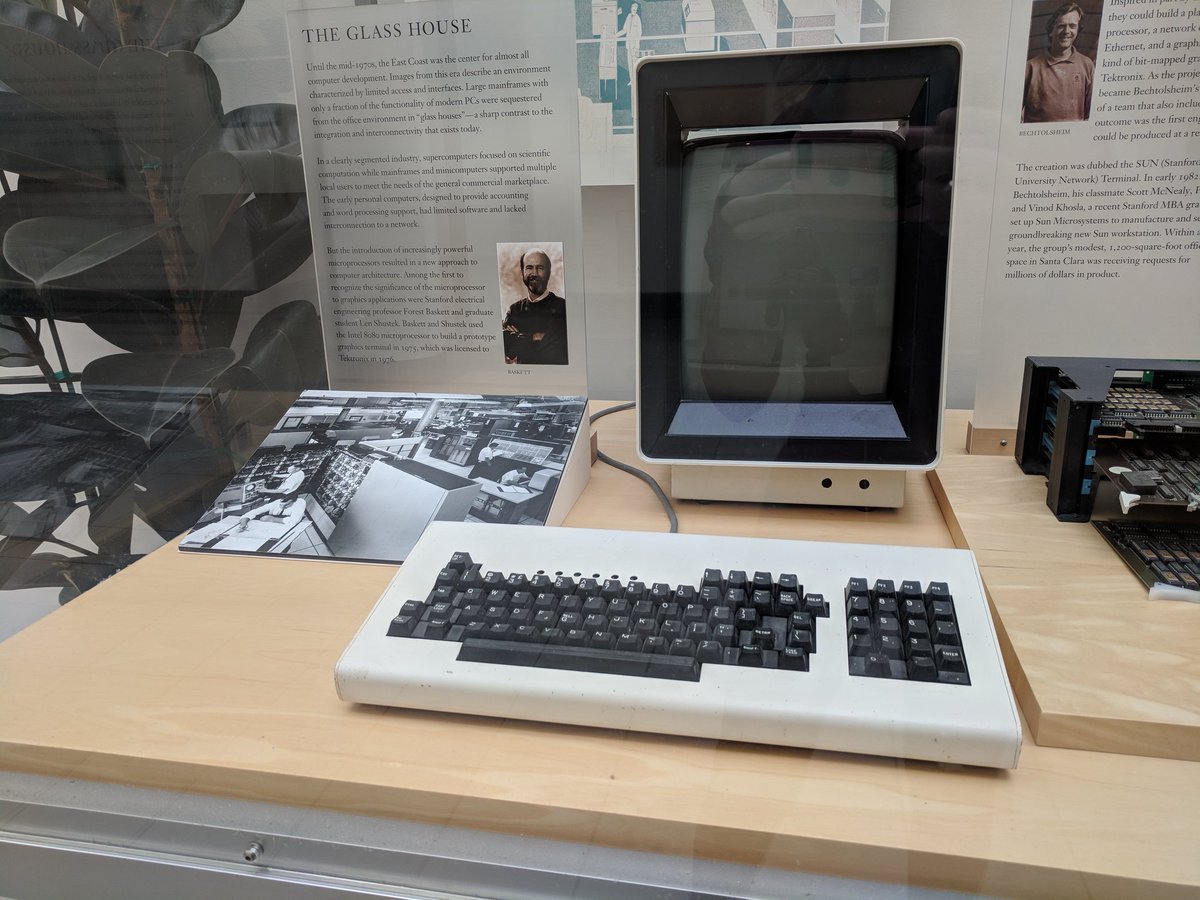

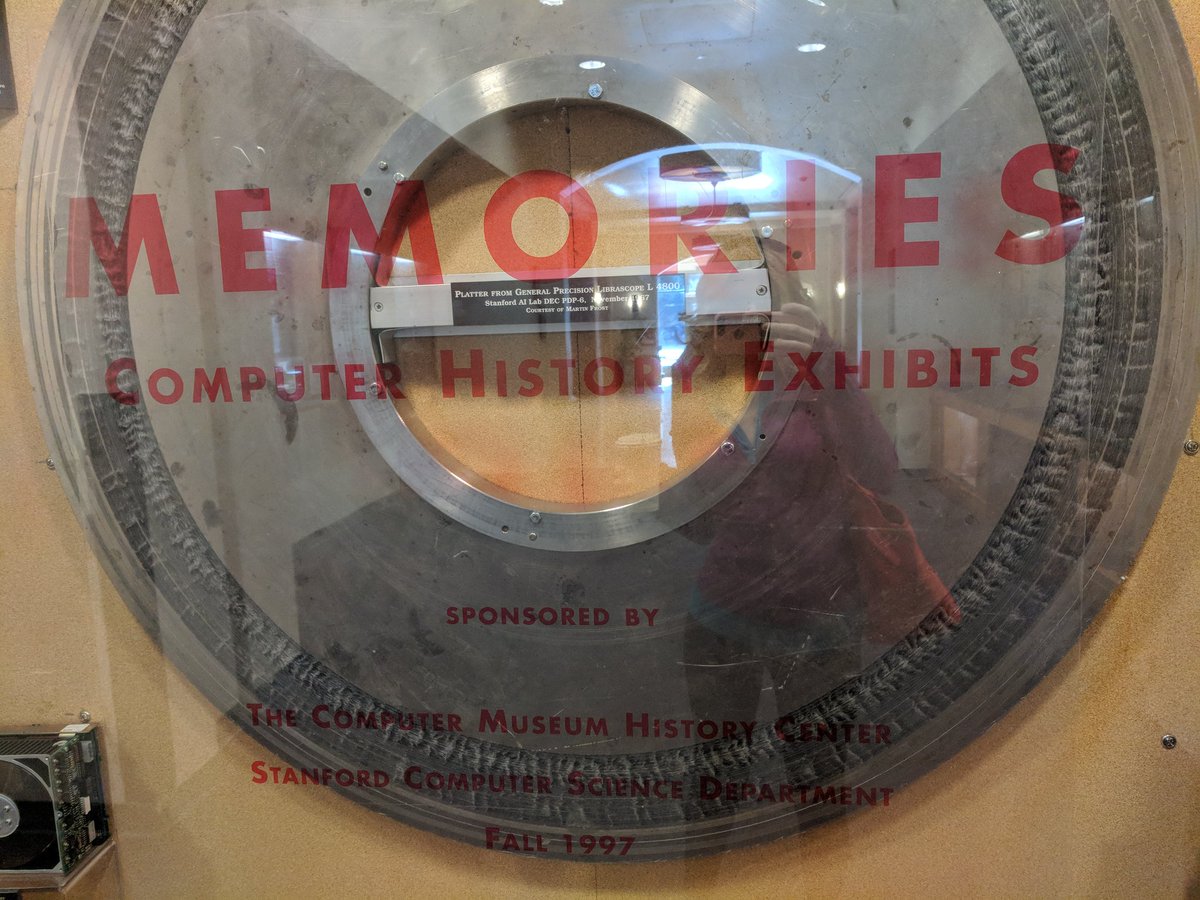
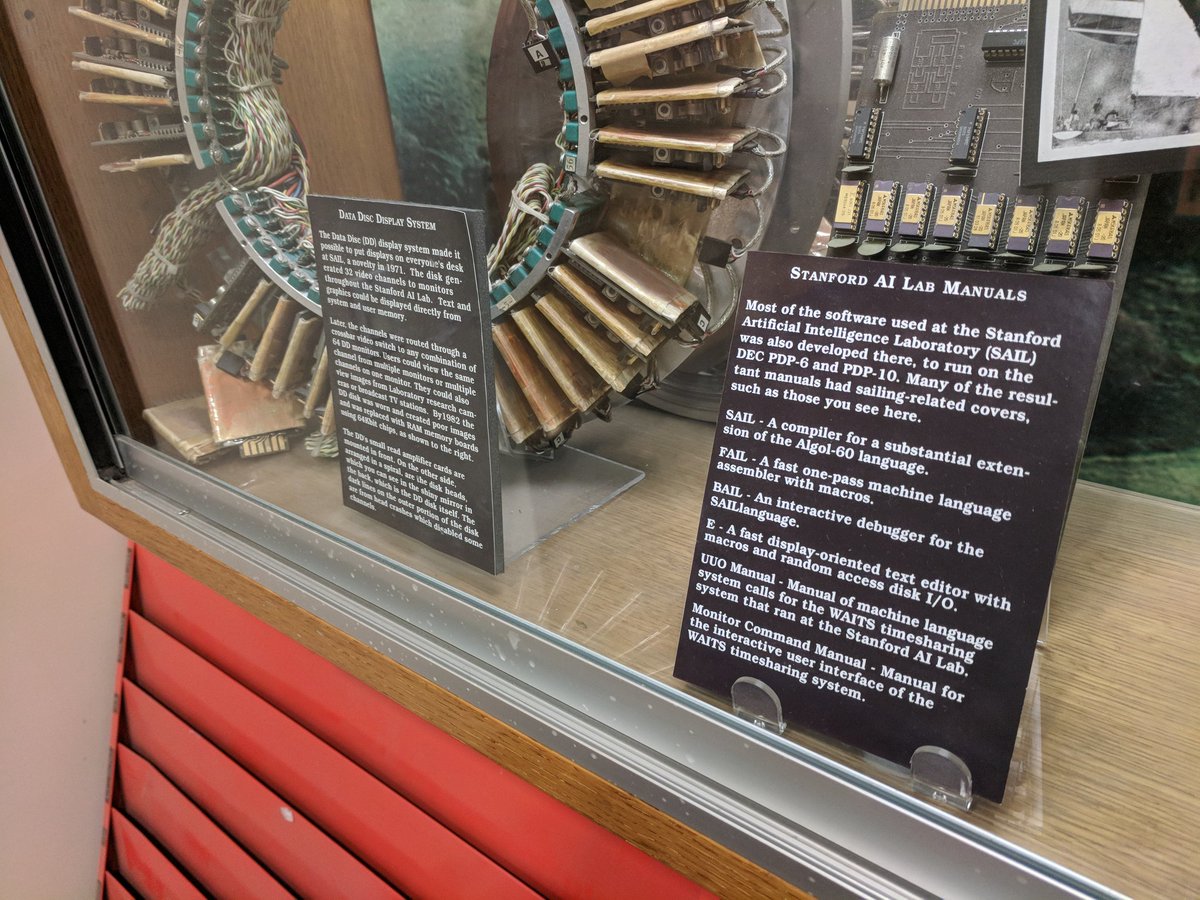
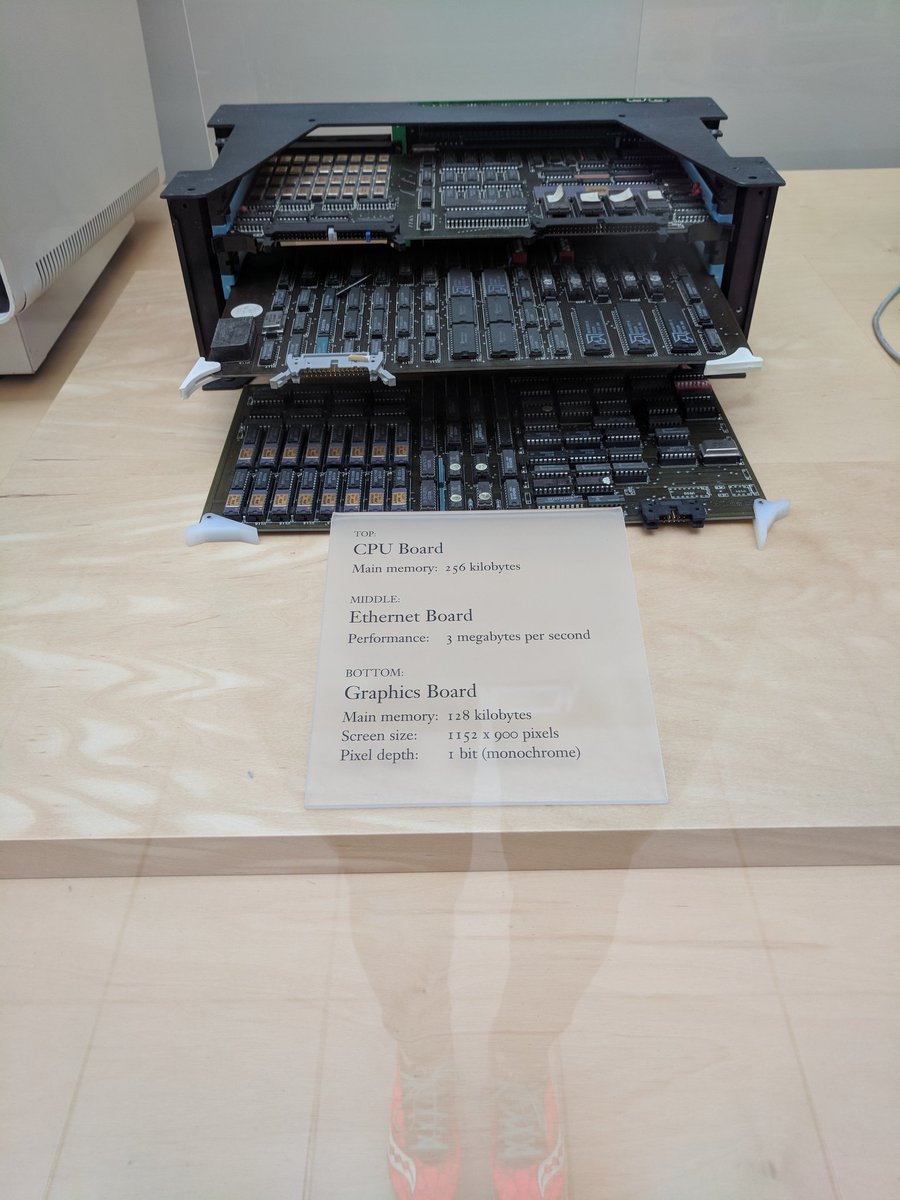 👩🎓HOW DO YOU DO, FELLOW KIDS #ClassCrashing
👩🎓HOW DO YOU DO, FELLOW KIDS #ClassCrashing


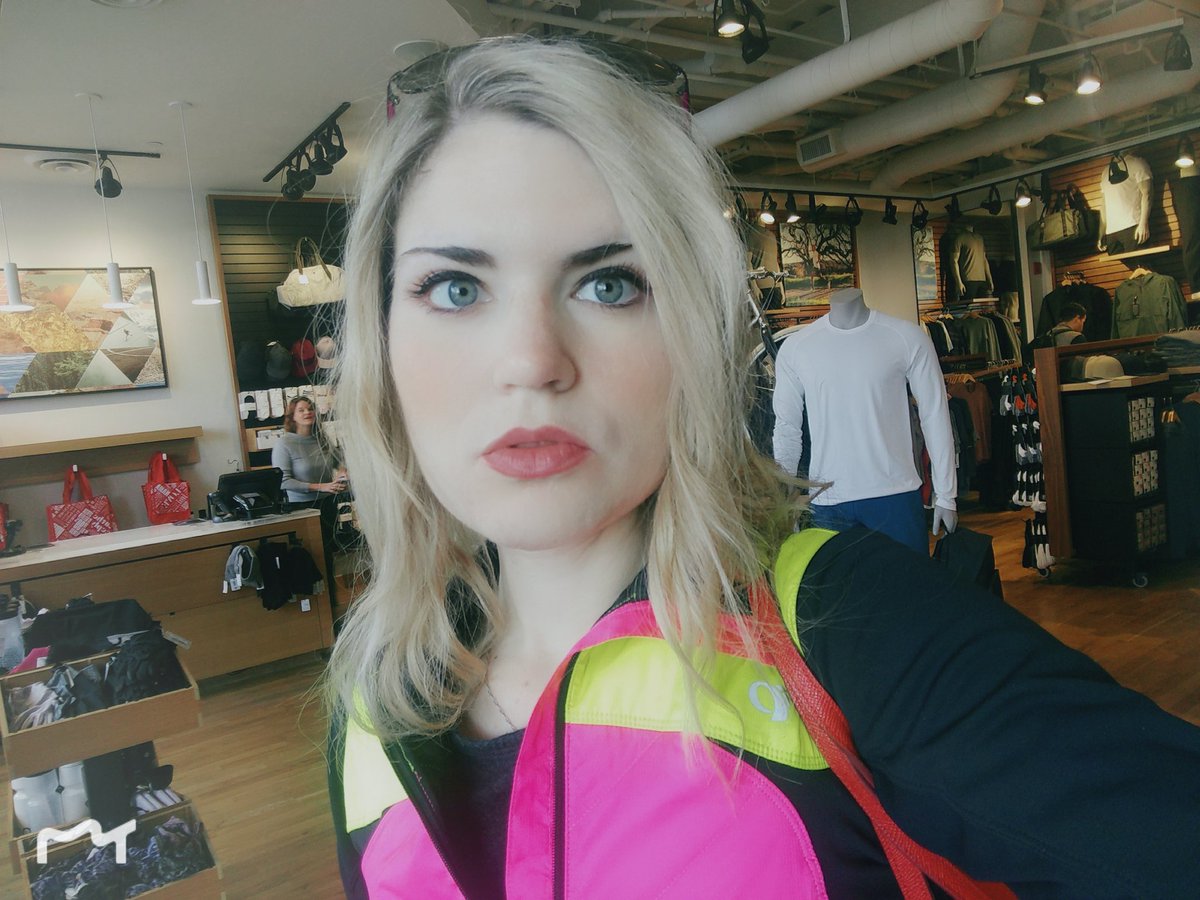
 ✨💄The company has an entire research team dead-focused on "beautifying" images/video (MTLab: Meitu Imaging and Vision Lab), and a slew of academic publications: mtlab.meitu.com/en/article
✨💄The company has an entire research team dead-focused on "beautifying" images/video (MTLab: Meitu Imaging and Vision Lab), and a slew of academic publications: mtlab.meitu.com/en/article